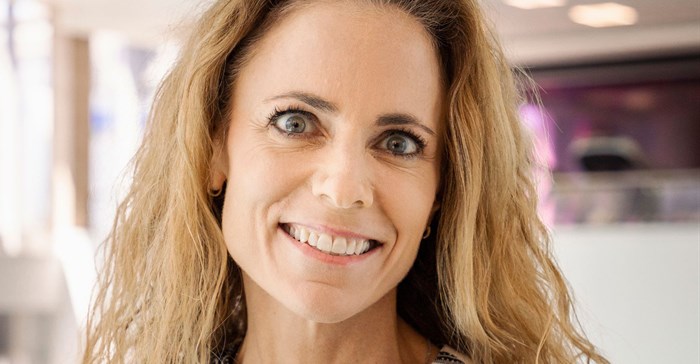






New research continues to highlight the fact that staying fit has a cumulative effect – and it starts early on. The common thread seems to be less about how much physical activity you do, but rather the influence that consistent healthy habits add up to as you age.
On this 75th anniversary of World Health Day, where the World Health Organisation is advocating for Health for All, there are also important nuances to consider in the South African context, both in terms of access to wellness resources and the positive impact that interventions could have in the long term for our country.
Recent research from Harvard Medical School has evidenced some promising cross-generational trends when it comes to the benefits of staying healthy – as early on as in utero.
Developmental programming is a field of research that investigates how environmental factors during critical periods of development, particularly during foetal and early life stages, can have long-term effects on an individual's health and disease risk later in life. The concept is based on the idea that early-life experiences can programme an individual's physiology and metabolism in ways that can lead to increased susceptibility to chronic diseases such as obesity, diabetes, and cardiovascular disease.
From a South African point of view, our health system should extend to educating prospective mothers on looking after their health and wellbeing while pregnant, for the benefit of their child.
The behaviours and patterns established when we are young have a far-ranging impact as we age. Greater levels of childhood physical activity (whether through organised sport or free play) lead to improved concentration, as well as gross and fine motor skills, all of which correlate with successful performance throughout a child’s school career.
Intentionally living well is best started early, and the benefits are not only physical. As published in the Journal of the American Medical Association, results from 19 studies confirmed that physical activity may help to alleviate depressive symptoms in children aged 11 to 19 and that exercise had a positive influence on common co-morbidities, reducing incidences of anxiety and ADD.
Mental-health conditions are increasingly prevalent throughout the world, and interventions in early childhood can have a significant knock-on effect on adult wellbeing. This is particularly relevant in our country, considering recent research from Wits University that found a quarter of South Africans suffer from probable depression.
Across the wellness spectrum, it is imperative that we focus on interventions to keep our citizens healthy while they are young and thereby reduce the healthcare burden on medical and social systems in the future.
Moving into later phases of life, there are some shifts in trends that will shape the way we age as a global society. Firstly, people are living longer, so improving the quality of life for those in their 60s onwards is growing in importance.
Secondly, individuals are increasingly looking to “age in place” – remaining independent for as long as possible instead of cohabiting with family or relying on other institutional support systems. That drive towards independence requires the physical ability to do so, and maximising the benefits of a holistically healthy life makes this possible.
In terms of the physical benefits of being active as an adult, studies are showing significant results. The British Journal of Sports Medicine recently published a paper that recommended all adults engage in both aerobic and muscle-strengthening physical activities, to optimise health and extend lifespan. The paper concludes that the benefits of exercise go further than just muscle development: including mood boosting, longevity and brain support with age.
From a social point of view, as evidenced in recent research out of Japan, engaging in exercise as a group – as is done in a gym, while communicating with others, was shown to result in much greater cognitive benefits than either activity done by itself. It also lowered the likelihood of developing dementia.
Again, the implications of these findings are as important locally as in the rest of the world.
In South Africa, what is clear is that early lifestyle interventions are essential if we want to see a positive impact on our population into the future. This is not only in terms of lower rates of disease, but also better mental health and a productive contribution to our communities as we age. While it’s never too late for individuals to incorporate physical activity into their lives, the earlier they start, the more rewards they’ll be able to enjoy.
Setting up this virtuous cycle is most definitely a challenge, but it is one that the wellness industry needs to take up wholeheartedly – not just for its own sustainability, but for the health of us all.

